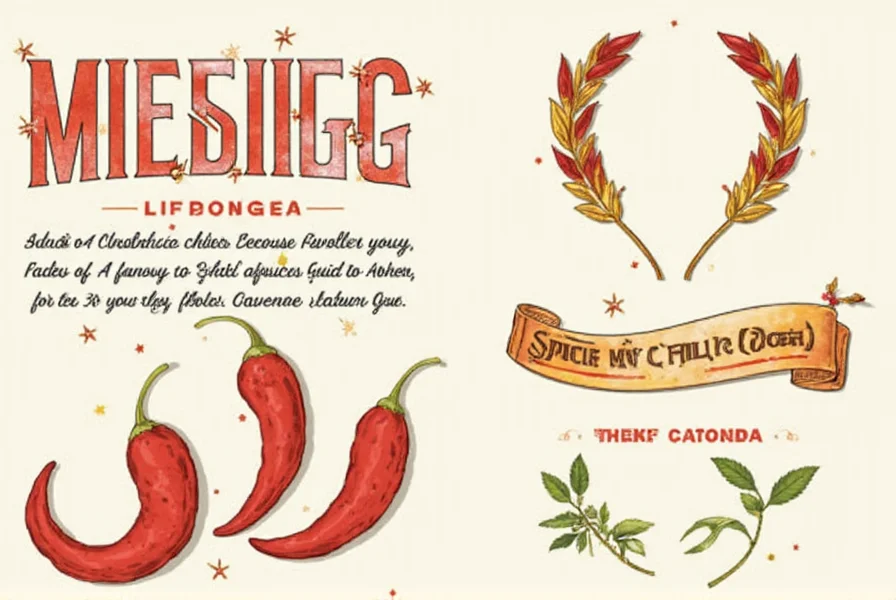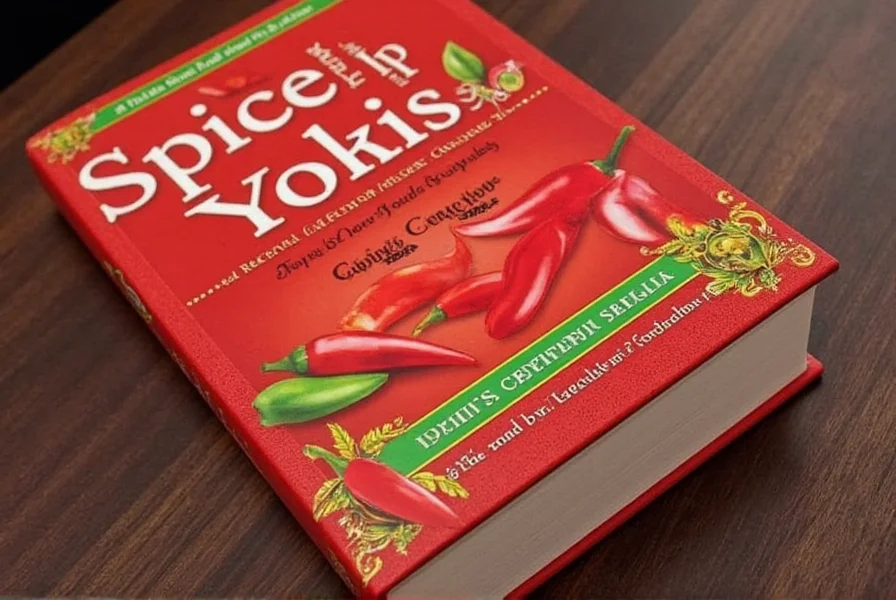Table of Contents
Introduction to Using Cayenne Pepper in Cooking
Cayenne pepper is a versatile spice that transforms ordinary dishes into flavorful masterpieces. Unlike generic chili powder, pure cayenne delivers intense, clean heat without overpowering other flavors. Whether you're a beginner or seasoned cook, mastering its use requires understanding heat levels, proper measurement, and strategic application. This guide provides actionable techniques to incorporate cayenne pepper safely and effectively into every meal.

Essential Practical Tips for Cayenne Pepper
Follow these expert techniques to avoid common mistakes and maximize flavor:
- Measure Precisely: Start with 1/8 teaspoon per serving for most dishes. Cayenne is 3-5x hotter than jalapeños—too much can ruin a dish. Always measure with a spoon, not a pinch.
- Toast for Depth: Dry-toast whole cayenne peppers in a skillet for 1-2 minutes before grinding. This releases essential oils and creates a smoky, complex flavor.
- Layer Heat: Add cayenne in two stages: half during cooking (for even distribution) and half at the end (for bright, fresh heat). This technique is used by professional chefs worldwide.
- Pair with Acids: Balance heat with acids like lime juice, vinegar, or tomatoes. This prevents "burning" sensations and enhances overall flavor complexity.
- Protect Hands: Wear food-safe gloves when handling fresh cayenne. Capsaicin oils can linger on skin for hours and cause severe irritation if touching eyes.

10+ Creative Cooking Ideas with Cayenne Pepper
Transform everyday meals with these tested, restaurant-quality applications:
- Spicy Chocolate Truffles: Add 1/4 teaspoon cayenne to melted dark chocolate (70% cocoa or higher) before chilling. The heat contrasts beautifully with sweetness.
- Restaurant-Style Steak Rub: Mix 1 tsp cayenne, 2 tsp smoked paprika, 1 tsp garlic powder, and 1 tbsp brown sugar. Rub onto steaks 30 minutes before grilling.
- Umami-Packed Roasted Vegetables: Toss carrots or sweet potatoes with olive oil, 1/2 tsp cayenne, and a pinch of cumin. Roast at 400°F until caramelized.
- Perfect Bloody Mary Mix: Blend tomato juice, lemon juice, Worcestershire sauce, and 1/4 tsp cayenne per serving. Adjust heat to taste—cayenne integrates better than hot sauce.
- Spicy Avocado Toast: Mash avocado with lime juice, salt, and a pinch of cayenne. Top with microgreens and sesame seeds for a 5-minute gourmet breakfast.
- Instant Ramen Upgrade: Stir 1/8 tsp cayenne into broth before adding noodles. Add a soft-boiled egg and scallions for restaurant-quality results.
- Homemade Hot Sauce: Blend 1 cup roasted cayenne peppers, 1/2 cup apple cider vinegar, 2 garlic cloves, and 1 tsp salt. Age for 1 week for maximum flavor development.
- Spicy Popcorn Seasoning: Toss popped popcorn with melted butter, 1/4 tsp cayenne, and nutritional yeast. No oil needed—just shake in a paper bag.
| Dish Type | Optimal Cayenne Amount | Best Pairings | Cooking Technique |
|---|---|---|---|
| Proteins (Steak, Chicken) | 1/4-1/2 tsp per serving | Smoked paprika, garlic, brown sugar | Dry rub 30 mins before cooking |
| Vegetables (Roasted, Grilled) | 1/8-1/4 tsp per cup | Cumin, lime, olive oil | Toss before roasting |
| Sauces & Dressings | 1/16-1/8 tsp per cup | Acidic ingredients (vinegar, citrus) | Add at end of cooking |
| Baked Goods (Chocolates, Cookies) | 1/16 tsp per batch | Dark chocolate, sea salt | Mix dry ingredients only |
Cayenne Pepper Substitution Guide
When cayenne isn't available, these alternatives work best:
- Red Pepper Flakes: Use 1/2 the amount (e.g., 1/4 tsp flakes = 1/8 tsp cayenne). Adds texture and visible specks.
- Hot Paprika: Use equal amount but expect milder heat. Best for color without intense spice.
- Harissa Paste: Use 1 tsp paste = 1/8 tsp cayenne. Adds tangy, smoky notes—ideal for Mediterranean dishes.
- Chipotle Powder: Use 1/2 the amount. Provides smokiness but less pure heat.
Never substitute with chili powder—it contains cumin and other spices that alter flavor profiles significantly.
Frequently Asked Questions
How do I prevent cayenne from making my dish too spicy?
Add dairy like yogurt, sour cream, or cheese to neutralize heat. For soups or stews, stir in a spoonful of coconut milk. Acidic ingredients like lime juice also balance spiciness without diluting flavor.
Can I use cayenne pepper in baking?
Absolutely! A tiny amount (1/16 tsp per batch) enhances chocolate desserts by balancing sweetness. Try it in brownies, chocolate cake, or even peanut butter cookies. Always mix into dry ingredients before adding liquids.
What's the difference between cayenne pepper and chili powder?
Cayenne is pure ground cayenne peppers (30,000-50,000 SHU), while chili powder is a blend of milder chilies, cumin, garlic, and oregano. Cayenne delivers clean heat; chili powder adds complex savory notes. They're not interchangeable in recipes.
How long does cayenne pepper stay fresh?
Store in an airtight container away from light and heat. Powdered cayenne retains potency for 2-3 years. Fresh peppers last 1-2 weeks refrigerated. Toasting whole peppers before grinding extends shelf life by preserving volatile oils.
Why does my cayenne taste bitter?
Bitterness usually means over-toasting or using old cayenne. Toast whole peppers for no more than 2 minutes over medium heat. If using powder, check expiration date—cayenne loses heat and gains bitterness after 18 months.











 浙公网安备
33010002000092号
浙公网安备
33010002000092号 浙B2-20120091-4
浙B2-20120091-4